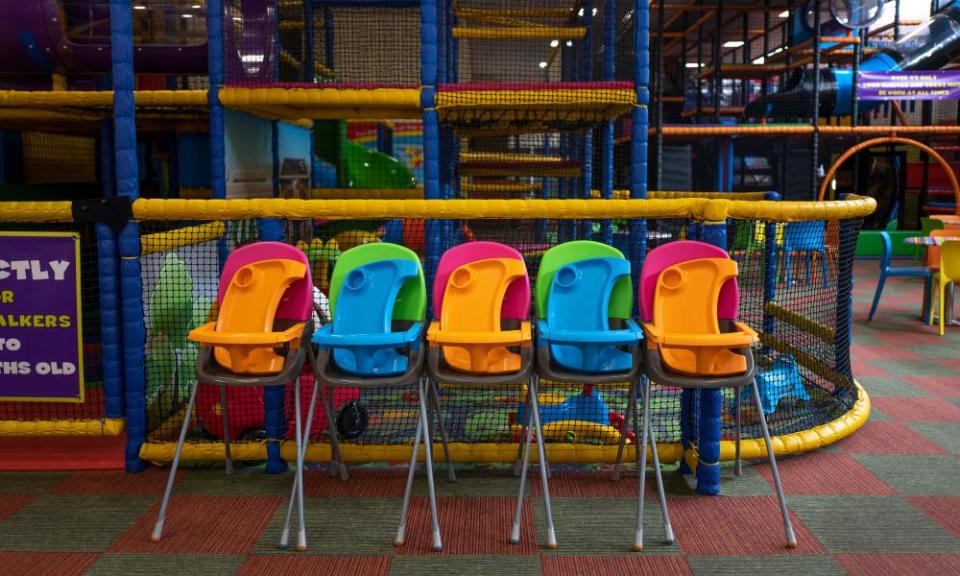Extend UK furlough subsidies to avoid mass job losses, Labour urges

Labour and a leading welfare thinktank have called on the government to extend furlough subsidies for the hardest-hit industries as employers are forced to make financial contributions towards temporarily laid-off workers from this weekend.
The Resolution Foundation said around half of the 9.2 million people placed on the government’s job retention scheme (JRS) since it launched in April have still not returned to work. It warned this group faced the prospect of widespread redundancies when the scheme, which covers 80% of workers’ wages, closes on 31 October, unless state subsidies are maintained beyond that date.
Labour said nightclubs and indoor soft-play areas, which are still banned from reopening, could be forced to cut thousands of jobs as employers face having to contribute to the scheme prior to its closure. These businesses must remain closed because of a perception of increased risk of coronavirus transmission, meaning they have no revenues.
Related: High-end steak and chips for a tenner? Welcome to discount dining
The government’s coronavirus job retention scheme has paid 80% of the wages of furloughed workers up to £2,500 per month since it was announced in March. However, from Saturday participating businesses must pay employers’ national insurance and pension contributions. From September they will also have to pay 10% of workers’ wages, rising to 20% in October. The furlough scheme’s closure date has been set with no exemptions for businesses still banned from operating.
Ed Miliband, the shadow business secretary, said the government would be “culpable for thousands of workers across the country losing their jobs and livelihoods” unless it urgently adjusted the furlough scheme.
“Businesses in vastly different sectors and circumstances should not be treated in this uniform way, and it is clearly unfair and illogical for those employers still locked down and unable to trade,” Miliband said.
Labour said night-time industries alone could face costs into the hundreds of million pounds, based on industry figures that suggest more than 500,000 workers are furloughed in that sector. Such companies have no way of making money while still banned from opening.
Related: Ambassador Theatre Group to lay off 1,200 casual staff in UK
Following analysis of official figures, the Resolution Foundation said the risk of redundancies was highest in sectors such as hospitality and leisure, where an estimated four-in-10 workers are still furloughed. Over a million workers in these sectors alone face a greater risk of unemployment in the coming months, it said.
As recently as 24 July the prime minister said that more than 9 million workers were furloughed. The foundation said official figures showed “that this is a long way from the truth” – with the number on furlough now standing at 4.5 million.
Rishi Sunak has come under pressure to continue covering employer national insurance contributions and pension payments, which will be excluded from 1 August. The average cost will be £70 a month – or 5% of the employees’ pre-coronavirus pay.
The chancellor has refused to back down, arguing that he has devised a scheme that reduces the subsidy gradually before closing at the end of October.
The foundation said the rise and fall in the number of employees on the job retention scheme demonstrated its success in protecting firms and workers during the lockdown’s introduction and easing.
“However, with millions of employees still being furloughed, the threat of significant redundancies loom large as the JRS is phased out between August and October,” it said.

 Yahoo Finance
Yahoo Finance 